Oxford University’s 273rd Vice-Chancellor and clinical neuroscience professor Irene Tracey caused a stir when she made comments earlier this month saying that fossil fuel companies are the key to solving the climate crisis.
“Some of the solutions will have to come from the very industry that’s part of the problem,” she told PA news agency before her inaugural address on January 10th. During the address, Tracey said it was time “to get serious about climate change”, adding, “I want Oxford to lead in addressing what is now the most pressing issue of our times.”
She claims that “to a certain extent there has to be still that recognition and engagement of that industry” as they have “a great science and engineering base to come up with some of the solutions” and that “they’ve also got the finances to do it”.
Her message is at odds with many students who are attempting to get the University to stop receiving money from fossil fuel companies. Oxford Climate Justice Campaign released a 2022 report that showed the University received £1.6 million from the fossil fuel industry in 2020-21. Tracey is not opposed to receiving such funds but said in her address that such money should be taken “only where the purpose explicitly relates to enabling meaningful accelerations away from carbon usage and speeding the transition to net zero carbon”.
Reflecting on her statements while taking a walk in the Christ Church Meadow, Tracey told Cherwell that working with the fossil fuel industries “just makes sense”. “It’s a little bit from my medical area, how when you’re trying to solve a disease and a disorder, you work with the pharmaceutical industry… to co-create solutions,” she said.
However, she emphasized that there are still steps to be taken to get fossil fuel companies involved in the climate crisis dialogue. She said that as we are still dependent on fossil fuels, “there is this question around how we might be able to encourage the companies to take responsibility and ownership for dealing with the CO2 at source whilst we’re using the oil.”
Tracey also highlighted that asking fossil fuel companies to take this new responsibility is not a dialogue involving only University administrators and fossil fuel companies. “We’ve got to do this with our partner organizations and colleagues around the world, and that’s exciting,” she told Cherwell.
Tracey stated that she does not see fossil fuel firms recapturing their carbon emissions as the only action that needs to be taken. “[It] doesn’t mean that we don’t wean off fossil fuel use, but it buys us time to get there,” she explained. “It’s about the phasing and timing… There’s exciting, completely new and alternative energy potential sources coming our way.”
Furthermore, she believes that Oxford University’s science community is “very well placed” to make contributions in this interdisciplinary area. “We’ve got people who are working in the chemistry department in terms of … green chemistry, chemical developments that are more green and friendly, through to how we’re going to [make] better batteries, how we’re going to recycle plastics and convert that… And then, you got the big physics as well,” she stated. She added that we should not only think about developing and scaling up alternative energy sources but also “being a responsible citizen and a steward of this globe”.
She told Cherwell: “We mustn’t lose sight also of biodiversity and the other sorts of impact of climate as well, and the impact of changing climate on health – our medical division is very well placed as others in other universities around this country and around the world in terms of thinking about what the challenges will be in terms of the health problems that will come with global warming.”
Collaborating with an international team, Oxford University climate scientist and geosystem science professor Myles Allen published a scientific article in Environmental Research Letters earlier this month discussing Tracey’s statement about fossil fuel firms taking responsibility for their own emissions, a solution also known as “extended producer responsibility (EPR)” [1]. Allen emphasized that EPR may be a feasible solution due to its affordable nature. “We don’t know exactly how much the fossil fuel industry is making right now, but it’s a lot,” he told Cherwell.
“The big advantage of a carbon takeback obligation is it provides a very predictable route to net zero, no matter what happens to the cost of fossil fuels or the availability of renewable energy,” Allen stated. “To put this in perspective, natural gas in the UK currently sells for about 10 pence per kilowatt hour… A lot of (the money) is going in taxes, but a lot of it is going in profit. And the cost of delivering that natural gas to your cooker or your boiler has not changed.”
Allen also introduced ways in which carbon can be re-captured through both nature-based and geologically-based methods if EPR policies are implemented to target climate change. When it comes to geologically-based methods, Allen emphasized that “storage needs to be permanent”, making storage options limited. “The only one which has already been developed on any scale is to inject (CO2 emissions) as a liquid back underground… We know that it works, because the industry has been doing this for decades,” he said. He added that there are potentially cheaper geologically-based solutions under development, such as remineralization (turning carbon to rock) and enhanced weathering (accelerated natural carbon chemical drawdown), but “we don’t yet know if they’re going to work on the sort of timescales we need them to work”.
Nature-based solutions, such as tree-planting, could also offer an affordable short-term solution. However, a warming world will likely cause “many of the processes in the biosphere that might absorb carbon turn into sources and start to release it again”. Allen says, “In our paper, we say we use nature-based solutions up until 2050. But after 2050, we require 100% geological storage.” Allen added that a separate novel idea is to “cut down trees or gather fallen trees and literally bury them to accelerate the production of coal” but that more research is needed in this area towards the challenge of stopping decomposition.
Although many of the nature- and geologically-based solutions are still under development, Allen is looking forward to seeing EPR, which has already been implemented in some countries on household chemicals, integrated into environmental policies. “If we can just change that and include fossil fuels, the world would rapidly become a very different place.”
Oxford physics PhD candidate and environmental researcher Stuart Jenkins thinks that Tracey’s statements on EPR are “completely true”. “The key is finding the incentive for that,” he stated.
“We need to use all the policy tools at our disposal. Demand-side policy will reduce the use of fossil fuels dramatically, reducing CO2 produced today by 75-90%, but how do we stop the last 10-25% from causing further warming? Carbon taxes don’t stop people emitting, they just make them pay to do so.” Jenkins views EPR policies as a solution “without relying on taxpayer subsidy or a ban on fossil fuel use altogether”.
The University has many schemes already in place to address the crisis. The Oxford Energy Network, an interdisciplinary group of more than 180 senior researchers, works to tackle the social, economic, and political challenges of sustainable energy for all. The University’s Carbon Management Strategy has been shrinking the carbon footprint of its ‘considerable estate’ since 2011. A target has been set to reduce University carbon emissions by fifty per cent by 2030 with University funding of £1-million per annum.
In April 2020, the University announced landmark plans to divest its endowment formally from the fossil fuel industry. However, because of the decentralisation of the University, individual colleges are permitted to independently manage their endowments and many continue to invest in fossil fuels.
The Oxford community is contributing to solving the climate crisis in many ways, giving Tracey hope for what the future holds: “I’m an optimist, and so I’m always looking at the glass half full.”



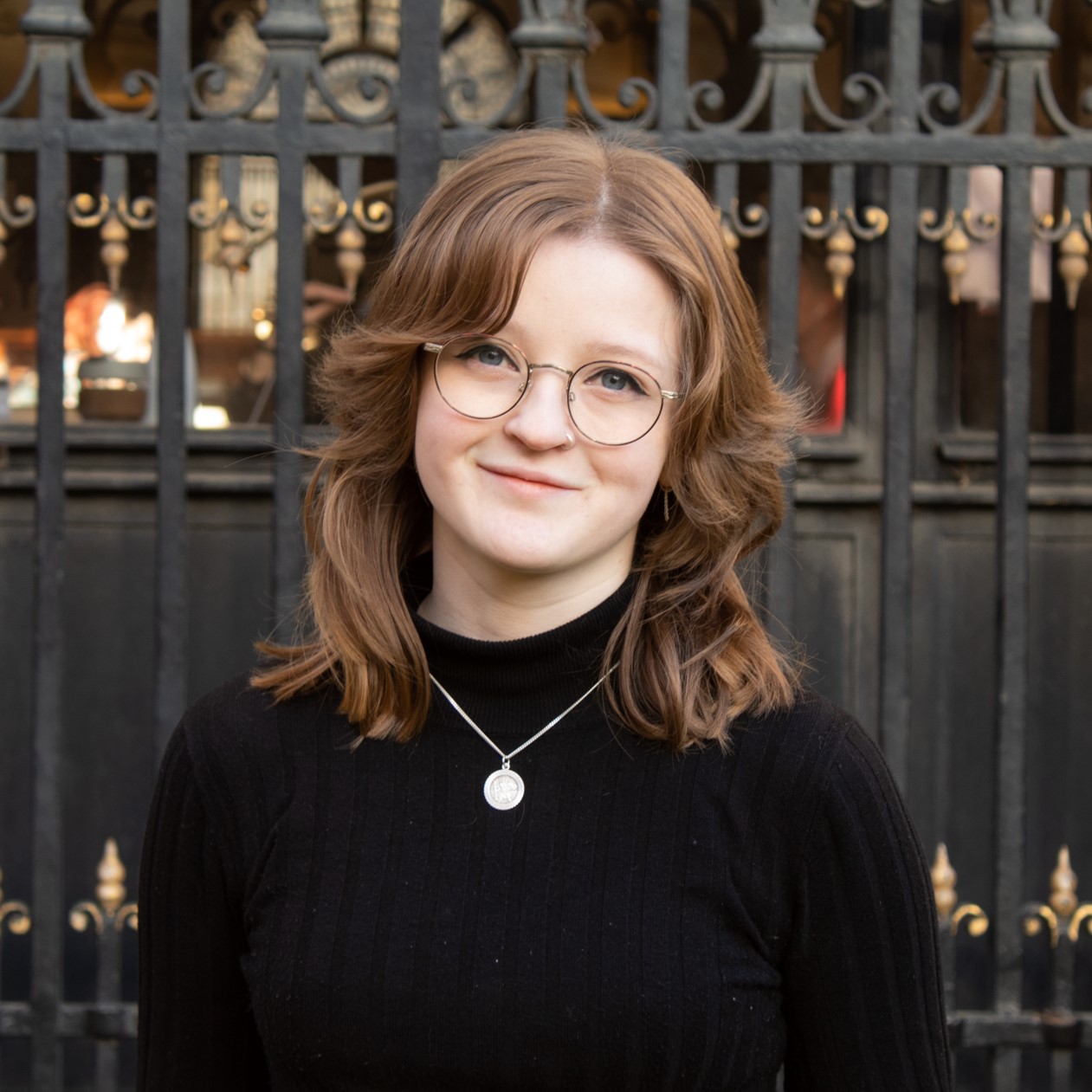
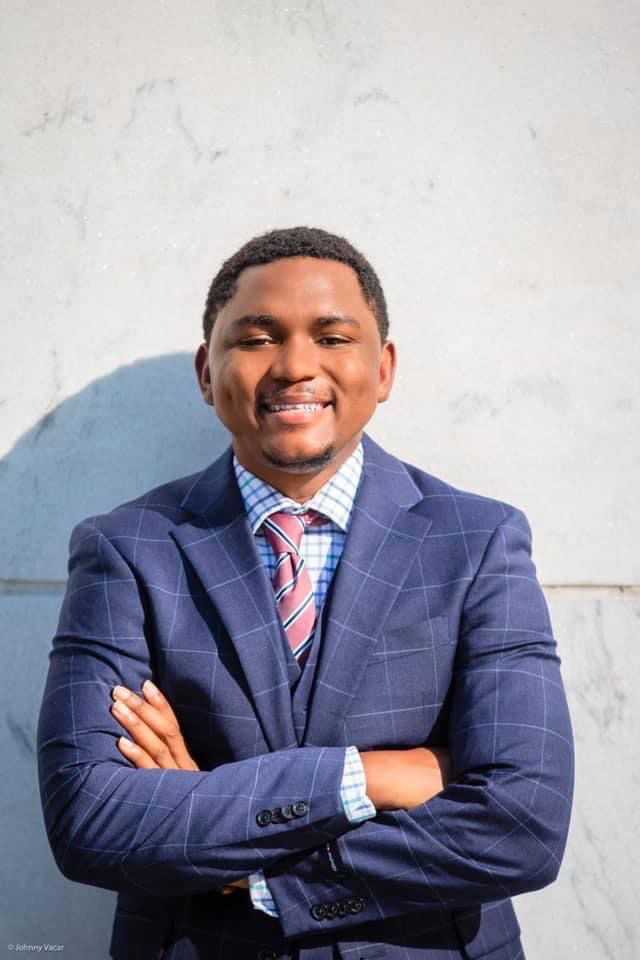


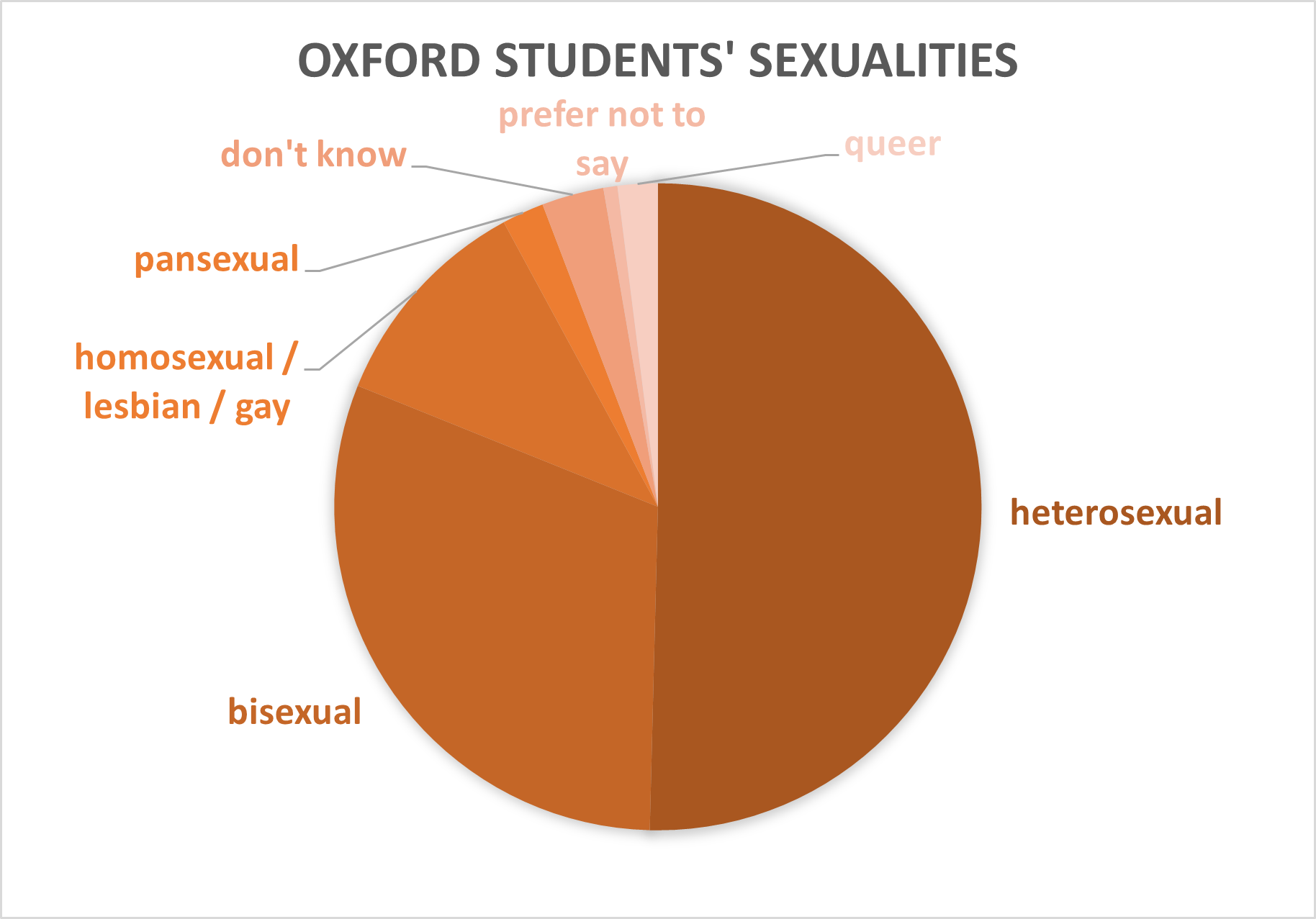
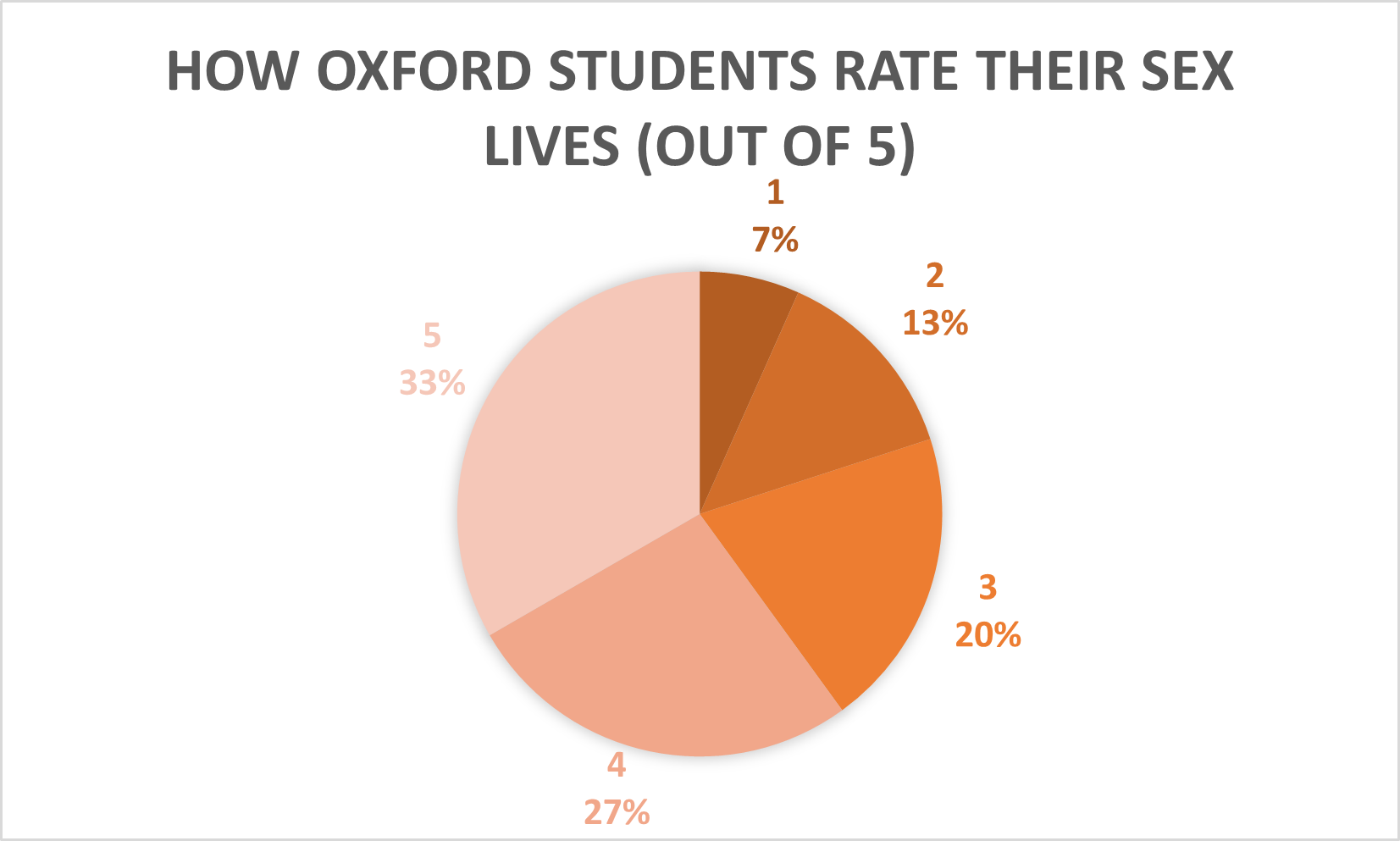

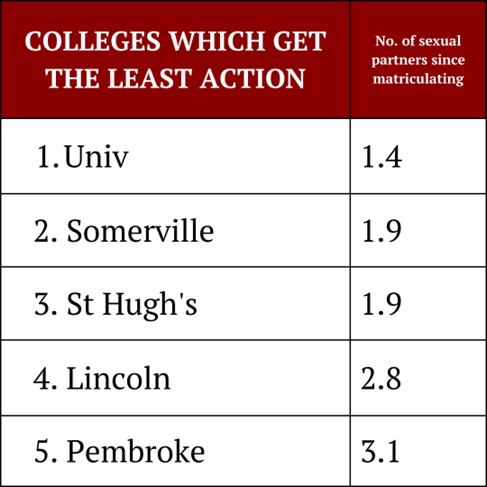
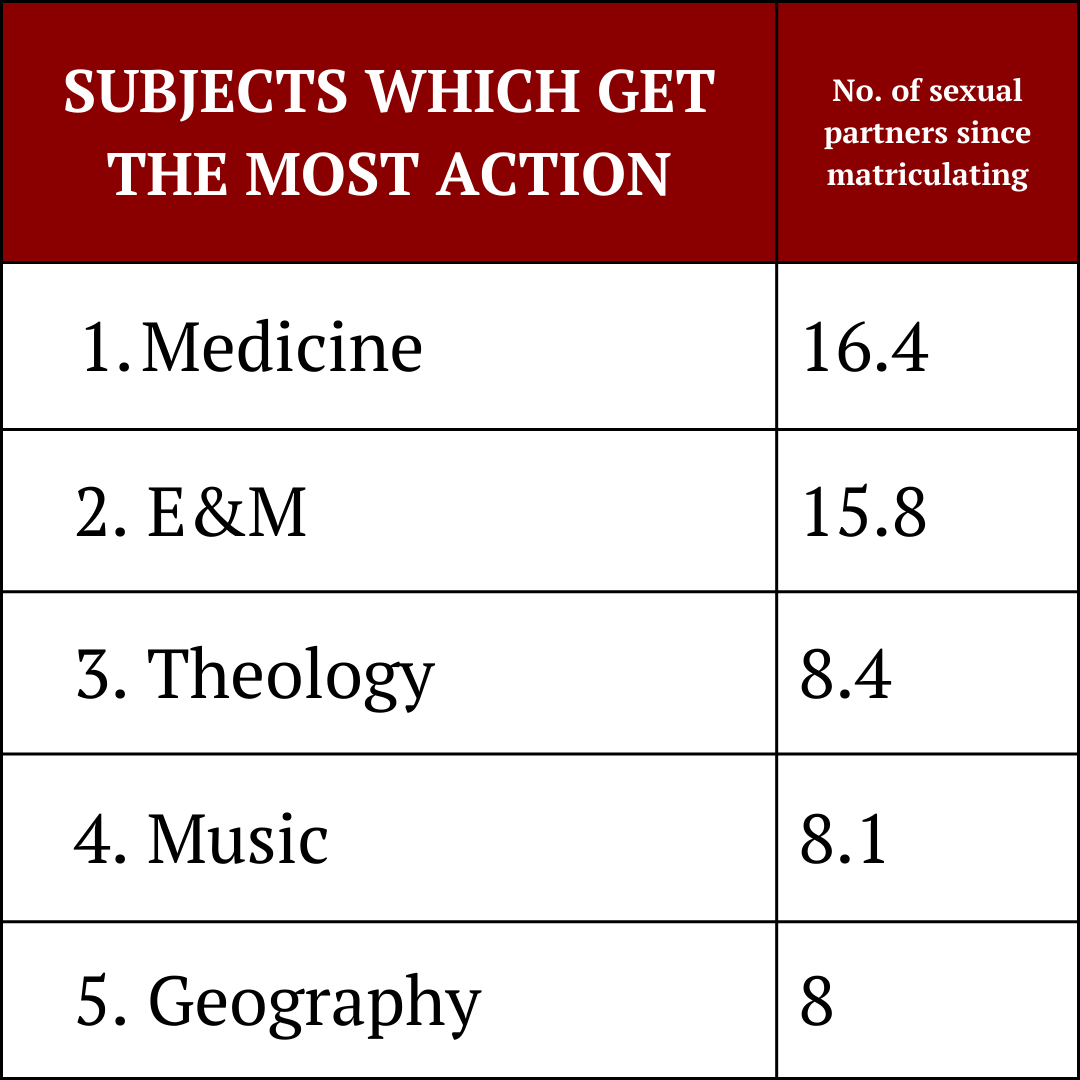

I hate to love Love Island, but even I will be switching off this time
It’s that time of the year again- or is it? Love Island’s winter series is debuting for a second time after the COVID-era hiatus. Cue the cheesy twitter memes and sorry attempt at advertisers to assert their relevance. UNIDAYS this morning offered me a compilation of discounts that were ‘my type on paper’.
So, how to link Love Island to Oxford? It’s a bit more simple than you might imagine. Though they are both very hard to get accepted into, one may be more so than the other. A 2018 headline claimed, ‘Almost four times as many people (150,000) applied to appear on Love Island this year as applied to get into Oxbridge (40,000).’ For sure, the pool of applicants is bigger in one sense, as grades are not a barrier to entry, but attaining the unrealistic body types wanted for the show are difficult nonetheless.
I must admit, I loved Love Island when I was younger. Who can forget Chris and Kem’s bromance? Michael’s ‘childish’ line? Amy’s ‘I was coming back here to tell you that I love you?’ Even the iconic moment from the last winter series of Shaughna’s ‘Congrats hun’ to Callum after Casa Amor is unforgettable. Or Davide’s ‘You’re a Liar’ to Ekin-su in the most recent series? The easy-viewing drama over the course of the story, and the peak crescendo of the Casa Amor recoupling is gripping viewing
Love Island is successful because of such a spectacle. However, it is a spectacle with sinister undertones. It feeds into the tabloid culture that loves to make us judgemental, polarised and angry with ourselves and others. Love Island lost its magic for me when Caroline Flack took her own life after being pursued by the tabloids, who called her an attempted killer and hounded her hundreds of times in the months leading up to her death. It was by those same papers who ran headlines describing the ‘tragedy’ of her death soon after, egregiously arrogant to the role they played in her death. It was a devastating tragedy marred by the quick return to air of the then mid-way through season, and a sobbing Laura Witmore in the live final tribute. It’s not the only suicide associated with the show, three have occurred to date; all have been directly attributed to the mental health impact during and after the show.
The artificial environment stoked by the show and drama-fuelled opinions of viewers who only see an edited hour of a 24-hour day are symptoms of a Colosseum-like arena where the public declare who receives their favour and who receives their disapproving wrath. The competition element of the show is emblematic of our society. Those who go in there do not generally look for love, but for public favour which returns brand deals and big money. The social media-centric nature of the show ties into society. The ethos of Love Island – become an influencer and live a luxury lifestyle – is seen in the depths of social media that induce insecurity, reduce believed self-worth, and encourage competition between acquaintances at a much more local level. Links can be made to neoliberal individualism and capitalism here, and though they may be unconvincing to some, it is these events that influence the subconscious to a profound extent. The focus on appearance and looking better is a recipe for trouble.
Even if you don’t think Love Island will give you appearance insecurity, the powerful tool of prolonged exposure to judgement based on physical appearance alone is strange. Love Island encourages a relationship built on physical attraction, not genuine connections. The effects are not normally productive. Very few couples remain together for longer than six months after leaving the show. Sure, there are a growing number of Love Island babies, but the percentage of couples that are successful remains low- the heartwarming story of last summer’s winners Davide and Ekin-Su will remain a rarity for now.
I think my falling out of love with the show came from my realisation from progressing maturity that relationships are nothing like what Love Island portrays them to be. Relationships are complex, require commitment and connection, and are not as easy as waiting for someone to walk through the villa door and fall into your arms. It’s a nice myth to believe, but it’s also unrealistic. Advertising this as a brilliant way to find a committed long-term relationship is not healthy for an impressionable young teen audience. Furthermore, in a climate where Andrew Tate’s ethos of a manly man is increasing sexism in the younger echelons of society, Love Island enforces a culture of a petite girl needing a muscly man to couple up with seeming desirable. The lad culture of the boys, seen in full horrific glory on Casa Amor episodes, shows their immaturity without challenging or critiquing it at all. In fact it enforces the glorified double standards that decides who wears a badge of honour for any forays, and who gets labelled a ‘hoe’. Should we encourage our teenagers to talk to everyone else but the person who their issues are with? Surely mature compromisation should take precedence over conflict-inducing gossiping?
Love Island’s selective diversity is also a pressing issue. The lack of contestants from South East Asian and East Asia is notable, especially considering the proportion of the country these groups represent. Stigma and stereotypes over beauty standards already present in society are reinforced by the lack of this representation and undermine Love Island’s attempt to reform. This issue is emblematic of society as a whole – a 2018 Ofcom report indicated that South Asians have the lowest representation of all minority groups in the media. Love Island’s lack of ethnic diversity is followed by lack of body diversity. Few contestants have been without a six-pack or slimmed waist – past contestants speak of ‘starving’ themselves in preparation for the show. As the format of the show is quick to oust those deemed the least attractive, this effect is exacerbated.
For me, applying for Love Island could never happen because I’m not straight. The lack of LGBTQ+ representation was grudgingly permissible for practicality during earlier seasons, but attitudes have moved forwards, and a great way of changing the binary boy/girl gender roles on the show would be to include this representation. Sure, most gay people love Love Island; we are normally seen on the Aftersun commentator panel and we feed off the drama, but I want to ask this, relevant to this show and wider society: Do we have to be spectators or can we participate?
Image credit: Thomas Hawk / CC BY-NC-ND 2.0 via flickr